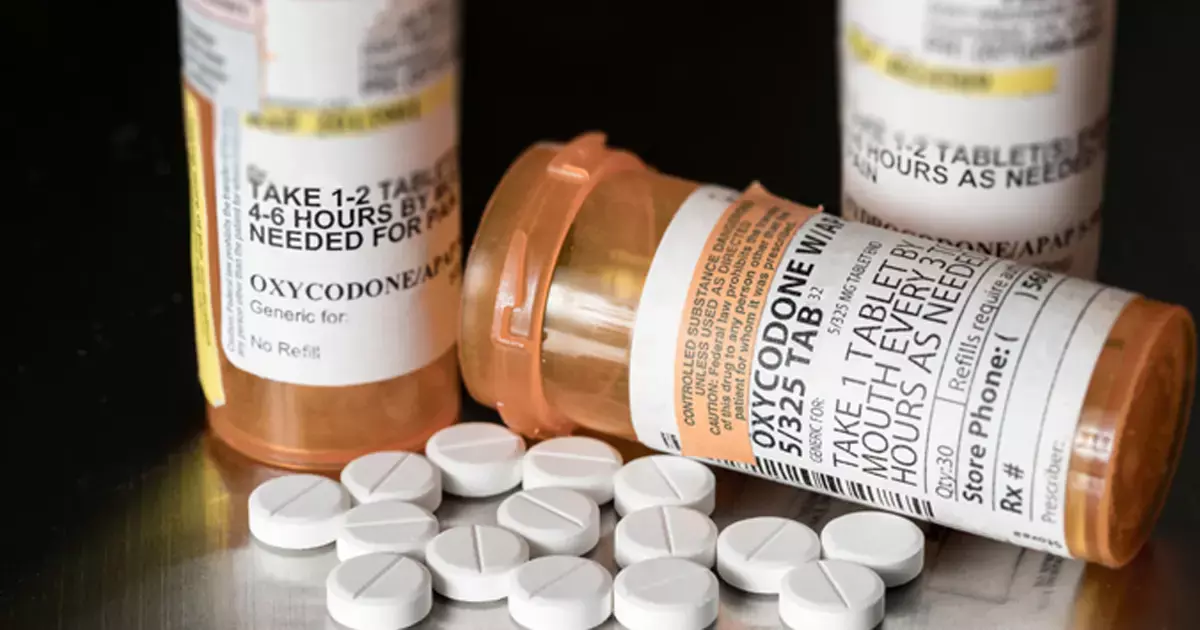- Home
- Medical news & Guidelines
- Anesthesiology
- Cardiology and CTVS
- Critical Care
- Dentistry
- Dermatology
- Diabetes and Endocrinology
- ENT
- Gastroenterology
- Medicine
- Nephrology
- Neurology
- Obstretics-Gynaecology
- Oncology
- Ophthalmology
- Orthopaedics
- Pediatrics-Neonatology
- Psychiatry
- Pulmonology
- Radiology
- Surgery
- Urology
- Laboratory Medicine
- Diet
- Nursing
- Paramedical
- Physiotherapy
- Health news
- Fact Check
- Bone Health Fact Check
- Brain Health Fact Check
- Cancer Related Fact Check
- Child Care Fact Check
- Dental and oral health fact check
- Diabetes and metabolic health fact check
- Diet and Nutrition Fact Check
- Eye and ENT Care Fact Check
- Fitness fact check
- Gut health fact check
- Heart health fact check
- Kidney health fact check
- Medical education fact check
- Men's health fact check
- Respiratory fact check
- Skin and hair care fact check
- Vaccine and Immunization fact check
- Women's health fact check
- AYUSH
- State News
- Andaman and Nicobar Islands
- Andhra Pradesh
- Arunachal Pradesh
- Assam
- Bihar
- Chandigarh
- Chattisgarh
- Dadra and Nagar Haveli
- Daman and Diu
- Delhi
- Goa
- Gujarat
- Haryana
- Himachal Pradesh
- Jammu & Kashmir
- Jharkhand
- Karnataka
- Kerala
- Ladakh
- Lakshadweep
- Madhya Pradesh
- Maharashtra
- Manipur
- Meghalaya
- Mizoram
- Nagaland
- Odisha
- Puducherry
- Punjab
- Rajasthan
- Sikkim
- Tamil Nadu
- Telangana
- Tripura
- Uttar Pradesh
- Uttrakhand
- West Bengal
- Medical Education
- Industry
Limited narcotic usage after robotic radical cystectomy helps in faster discharge, study finds

Dublin, OH: In a new study conducted by Ronney Abaza and team, it was found that the majority of patients had a 2-day length of stay (LOS) after robotic-assisted radical cystectomy (RARC) with conduit, which was the shortest ever documented mean LOS after cystectomy, practically halving hospitalization time. The importance of patient education in reducing opioid use cannot be overstated. The findings of this study were published in the Urology journal.
The aim of this study was to assess the effects of a narcotic-free clinical pathway after robotic-assisted radical cystectomy with an ileal conduit, with postoperative narcotic use, pain scores, and length of stay reported on postoperative day #2.
This study looked at a series of RARCs performed by a single surgeon between August 2015 and September 2020. Oral drugs were reserved for breakthrough pain and were replaced with acetaminophen and ketorolac after rigorous patient education. Intravenous narcotics were purposefully left out of postoperative instructions. When Alvimopan became available, it was given. Before discharge, the subcutaneous ropivacaine pain pumps were withdrawn. Diet, oral analgesia, ambulation, and gastrointestinal function were among the discharge criteria. The effectiveness of the implemented narcotic-avoidance approach was determined by examining narcotic use and pain scores.
The key findings of this study were as follow:
1. Not a single among 54 patients required intravenous narcotics after surgery, and 19 of them (35%) never needed oral narcotics at all.
2. Patients who needed oral narcotics had higher mean pain scores (4.3/11 vs 3.0/11 respectively).
3. The average number of tablets taken per day was 4.3 (range: 1-13) among 35 patients who received opioids, with 68% taking 8 or fewer tablets over the course of their LOS.
4. The average LOS was 2.1 days (range 1-4). On POD #1, five patients (9%) were discharged, whereas 37/54 (68.5%) were discharged on POD #2, 10/54 (18.5%) were discharged on POD #3, and 2/54 (4%) were discharged on POD #4. Within 90 days, eight patients (15%) were readmitted.
In conclusion, for patients undergoing radical cystectomy with an ileal conduit, limiting opioids may allow for safe release as early as postoperative day 2. More research is needed to determine which patients are the best candidates for radical cystectomy early discharge.
Reference:
Abaza R, Kogan P, Martinez O. Narcotic Avoidance After Robotic Radical Cystectomy Allows Routine of Only Two-Day Hospital Stay. Urology. 2021 Dec 27:S0090-4295(21)01175-4. doi:10.1016/j.urology.2021.10.049. Epub ahead of print. PMID: 34968571.
Medical Dialogues consists of a team of passionate medical/scientific writers, led by doctors and healthcare researchers. Our team efforts to bring you updated and timely news about the important happenings of the medical and healthcare sector. Our editorial team can be reached at editorial@medicaldialogues.in.
Dr Kamal Kant Kohli-MBBS, DTCD- a chest specialist with more than 30 years of practice and a flair for writing clinical articles, Dr Kamal Kant Kohli joined Medical Dialogues as a Chief Editor of Medical News. Besides writing articles, as an editor, he proofreads and verifies all the medical content published on Medical Dialogues including those coming from journals, studies,medical conferences,guidelines etc. Email: drkohli@medicaldialogues.in. Contact no. 011-43720751


